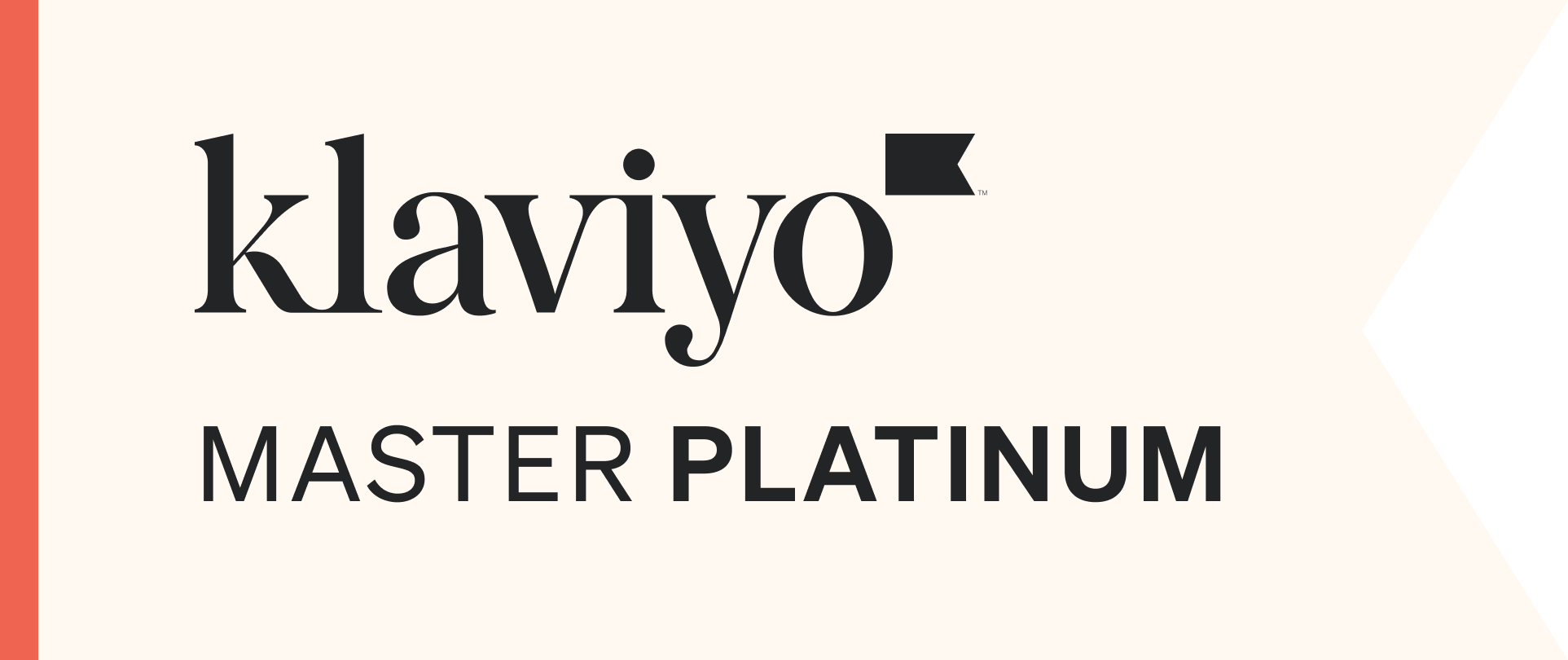By Alan Coleman on 29 Aug 2013
One of the biggest challenges for digital marketers in trying to stay ahead of the pack is trying to anticipate what direction the industry is heading. For digital marketers in Ireland, the direction the industry is heading is, more often than not, determined by the direction Google is heading. We’re constantly asking ourselves ‘What will Google do next?’, and using our answers to shape our long-term digital marketing strategy. So, that being said, where is Google going in the next few years?
Earlier this month, The Puget Sound Business Journal published an interview with Jeff Dean, a Google Research Fellow, in which he discusses what Google hopes to achieve in the next five years and beyond.
Jeff works as part of Google’s Systems Infrastructure Group which builds system models which they then train using very large data sets. They build hundreds of models and test them against each other in order to find the most robust and efficient ones at solving various different problems.
One of the problems Jeff speaks about in this interview is speech recognition, and the challenges posed by trying to teach a system to understand spoken commands. One of the biggest problems is trying to build a robust model which can differentiate between two possible words which may have been said using the context of what has been said beforehand. Google ‘teach’ these systems using very large datasets and neural nets which “build features that describe the data well automatically, without humans having to get involved”. The data has to be defined before it can be understood.
One of the biggest challenges faced by Google is teaching their systems to understand sentences as opposed to just words. At the moment Google matches a search query to a set of results using keywords but the Google algorithm doesn’t understand the text in the way a human does. This means that two search queries that are written differently, but mean the same thing, won’t necessarily return the same set of results.
As Jeff Dean puts it:
“Once you understand text, it changes the game. Because today what we do for search, for example, we're not really understanding at a deep human level the text we see on webpages, we're looking for the word you searched for, we're looking for related words and we score them in some way. But if we really understand the text we see, and the text you entered for a query, that would fundamentally be pretty important. It might be possible to build user interfaces that read the things people read and do the things people do.”
Once Google can understand and interpret full sentences, and can essentially paraphrase the search query in order to find the most relevant set of results, it will open all sorts of doors. Google will be able to return really specific results in answer to specific searches and, eventually, hope to be able to locate and manipulate data to find answers which don’t exist anywhere on the web.
Jeff’s example explains this very well:
“Or queries where you have to join together data from lots of different sources. Like “What's the Google engineering office with the highest average temperature?” There's no webpage that has that data on it. But if you know a page that has all the Google offices on it, and you know how to find historical temperature data, you can answer that question but making the leap to being able to manipulate that data to answer the question depends fundamentally on actually understanding what the data is.”
It’s an exciting prospect which can only serve to improve user experience, which, after all, is what Google is all about. Accurate speech recognition, coupled with this ‘smart search’, could potentially allow us to have full-blown conversations with our computers.
I’m particularly looking forward to having arguments with my car about the best route to take home and to (finally) owning the robot from Rocky IV. I think I’ve waited long enough for that particular dream to come true.
Rob








